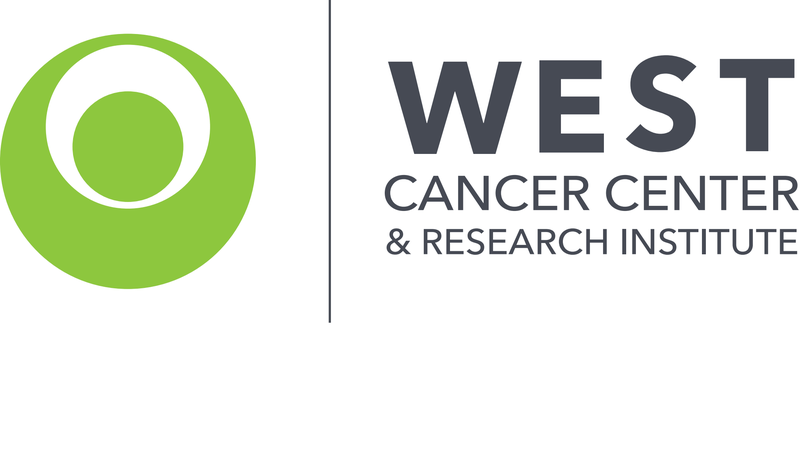
Dr. Portnoy on the Importance of Driver Mutations in the Treatment of NSCLC

David C. Portnoy, MD, medical oncologist and hematologist, West Cancer Center, discusses the importance of driver mutations in the treatment of non–small cell lung cancer (NSCLC).
David C. Portnoy, MD, medical oncologist and hematologist, West Cancer Center, discusses the importance of driver mutations in the treatment of non—small cell lung cancer (NSCLC).
All patients with NSCLC used to be treated with a one-size-fits-all approach of chemotherapy, says Portnoy. This was not beneficial to the majority of patients, and there were many limitations. Additionally, life expectancy with chemotherapy alone in a patient with NSCLC is less than 1 year.
With the current knowledge of driver mutations in NSCLC, targeted agents have been developed to replace chemotherapy in patients who express these particular molecular aberrations. There are treatments for EGFR, ALK, ROS1, HER2, and BRAF mutations, but mutations such as MET, KRAS, and PIK3CA still lack treatment options, Portnoy says. Even though technology is advanced enough to identify these mutations in patients, many of the potential treatment options are still in the research or clinical trial setting.




































